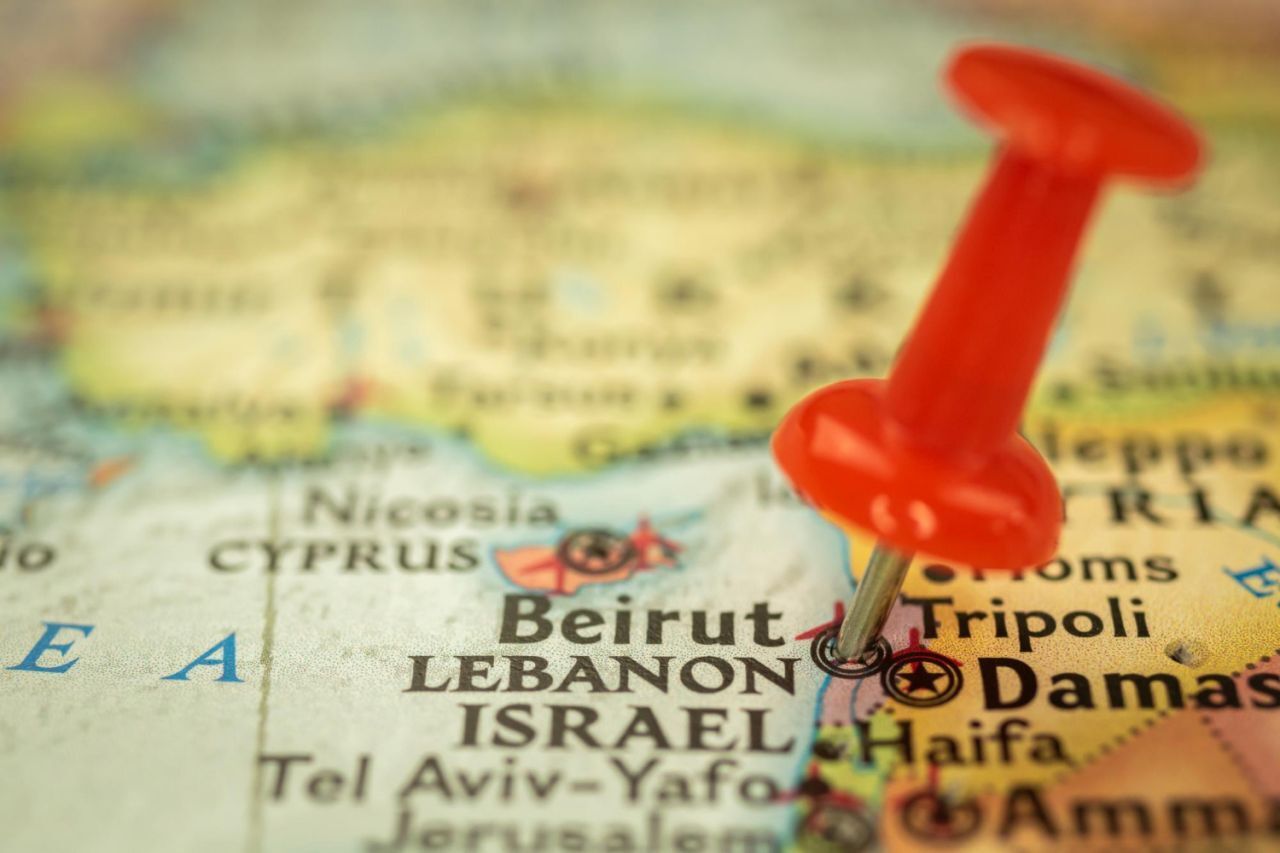On August 2nd, the Turkish Information and Communication Technologies Authority (BTK) implemented a significant restriction on Instagram access across the country, sparking widespread debate about the broader implications of this move.
This isn’t the first time social media platforms have faced restrictions in Turkey, as similar bans have been imposed in the past.
While the immediate focus has been on the potential 1.9 billion TL ($70 million USD, €64 million EUR) daily loss in e-commerce, the repercussions extend far beyond online shopping, reaching deep into the tourism and cultural sectors.
Instagram Ban’s Impact on E-Commerce
The impact on e-commerce is undeniably substantial. Emre Ekmekçi, Vice President of the Electronic Commerce Operators Association (ETİD), highlighted that social media accounts for 10% of Turkey’s total e-commerce activities.
“Daily, this amounts to around 930 million TL ($34 million USD, €31 million EUR), and with influencer-driven traffic, a total of 1.9 billion TL ($70 million USD, €64 million EUR) in daily transactions could be affected,” Ekmekçi explained.
While he noted that these activities might shift to other platforms, the immediate disruption could stall growth in a sector aiming for a 3.4 trillion TL ($126 billion USD, €115 billion EUR) transaction volume by year-end.
However, the concerns do not end with e-commerce. The restriction on Instagram access also raises alarms within Turkey’s travel and tourism industry, a sector that heavily relies on the platform for marketing and customer engagement.
Tourism Marketing Takes a Hit
Instagram has long been a critical tool for Turkish travel agencies, hotels, and tourism boards to showcase the country’s diverse attractions to a global audience. From the azure waters of Bodrum to the fairy-tale landscapes of Cappadocia, visually-driven social media platforms like Instagram are pivotal in driving tourism interest and bookings.
By restricting Instagram access, Turkey risks losing a vital channel for reaching international tourists.
“Our picturesque destinations are a significant draw for tourists, and Instagram has been instrumental in promoting Turkey as a top travel destination,” said a marketing executive at a leading Istanbul-based travel agency.
“Without it, our ability to engage potential tourists, especially those from Europe and North America, is severely hampered.”
Turkey’s rich cultural heritage and modern vibrancy are often showcased by influencers who attract global attention to the country’s culinary, historical, and artistic scenes. Many of these influencers, who also collaborate with travel brands and local businesses, face a sudden roadblock in reaching their audiences.
“Instagram has been more than just a platform for pretty pictures; it’s been a medium for cultural exchange,” noted a travel influencer with a significant following from outside Turkey.
“With the ban, I’m not only losing engagement but also the opportunity to share Turkey’s culture with the world.”
This shift could also affect the perception of Turkey on the global stage, as fewer positive stories and images emerge from the country. For a nation that relies on tourism as a significant economic driver, this could have long-lasting effects.
Small Businesses and Artisans at Risk
Beyond influencers, many small businesses and local artisans who have used Instagram to sell their products to a global audience are now facing an uncertain future. Whether it’s a handcrafted carpet maker in Antalya or a boutique hotel in Alacati, these small enterprises depend on the visual appeal and broad reach of Instagram to attract customers.
Challenges for Digital Nomads
Turkey has also become a popular destination for digital nomads, who often use social media for networking, client acquisition, and sharing their experiences. The Instagram restriction could limit their ability to connect with the global community, potentially making Turkey less attractive as a hub for remote workers.
While the government has not yet provided a timeline for when Instagram access might be restored, the immediate effects are clear. The decision has triggered concerns across multiple sectors, not just in e-commerce but also in tourism, cultural promotion, and small business operations.
As Turkey navigates this new digital landscape, stakeholders across industries are hoping for a swift resolution that balances regulatory goals with the need to remain connected to global networks. Without access to platforms like Instagram, Turkey risks losing its competitive edge in both the digital marketplace and the highly visual tourism sector, which thrives on global visibility.
Users who use a VPN can still access Instagram despite the restrictions in Turkey.













